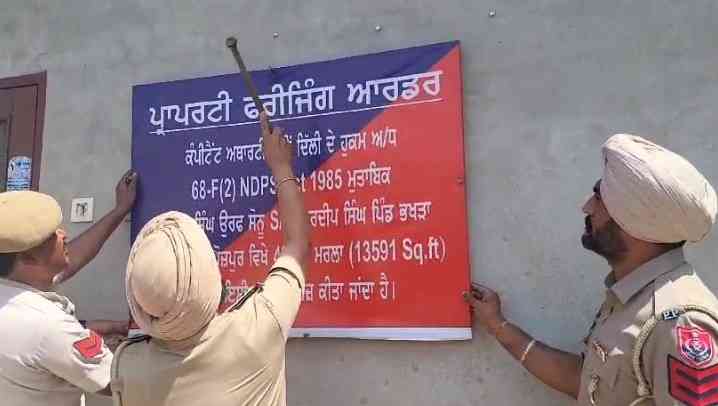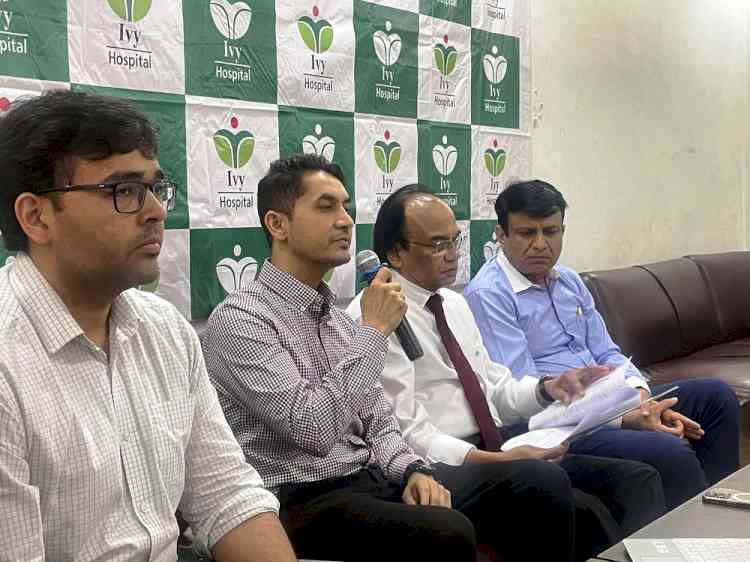OPINION:Cyber attack - Next war on the Internet
Author(s): Harish K. MongaIf cyberspace itself is now a weapon of mass destruction, how can we protect ourselves from an electronic Armageddon - a place where the final battle will be fought between the forces of good and evil? That’s...

If cyberspace itself is now a weapon of mass destruction, how can we protect ourselves from an electronic Armageddon - a place where the final battle will be fought between the forces of good and evil? That’s one of the many disconcerting questions raised by a major new report just published in Europe.
Cyber crime, cyber terrorism and cyber espionage are not just overused buzzwords in the online world but are the next big threats to our security, say the experts. The theater of war, it seems, now includes cyberattacks.
The unprecedented exodus of people from the northeast, abetted by hate messages, has also opened the debate about issues related to internet freedom and content regulation. India, which is looking into the alleged role of Pakistan-based elements in using morphed images on internet, has blocked over 250 web-sites for orchestrating the online campaign of hatred.
The recent happenings and impending attacks is a cause of concern as the last two years have seen an explosion of social media in the country with overwhelmingly young users. It has created fears of a gag on information and expression.
The only sagacity and commonsense can protect the cyber attackers from being gullible. At the same time, we should not ignore the prediction of the India-born Ankit Fadia, who is based in New York and is a cyber security consultant that the next big war that India may have to wage against terror will be on the internet.
Some time back, the image of a political person was posted on a social net work, lighting the cigarette of a woman while smoking himself which was nothing but to tarnish the image of the party.
The IT-era in India has pull up their sleeves to defend itself from cyber attacks as the websites of even institutions like the Bhabha Atomic Research Centre have been defaced, email correspondence has been compromised at various levels, computers have been infected with viruses.
Constructive and regular debates on issues such as environment, wildlife, conservation, gender justice, human rights, education and tirades against cyber pornography and terror are required.
The global security experts should come on one platform to brain-storm possible solutions online. It would be an understatement to say they have a difficult path to navigate; the real answers may not come for months or even years. But the work has to be started right now without wasting any time.
It’s not just for the specialists, government leaders and businesses to look for answers. If we’re to avoid the stuff of disaster movies, calamity on an unprecedented scale, nightmare scenarios of countries coming to a complete standstill with national security on its knees, there are little acts we can all do; every one of us can become more aware of our home and work computers, protecting ourselves individually for a greater gain.
Since the anti social elements are active in India with backing of the adjoining nations, there is a need to strengthen the Cyber Crime Act so that national security is not threatened.

 cityairnews
cityairnews 
















